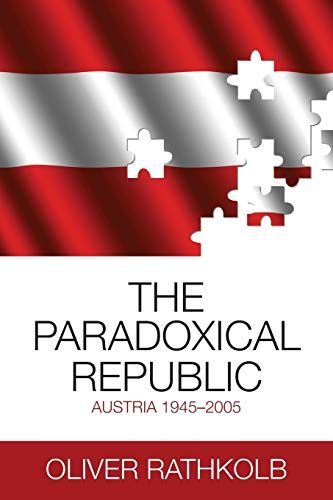
The Paradoxical Republic Austria 1945-2005
Austria, a small-state society with barely eight million inhabitants differs from the rest of Europe in that it displays various paradoxical developments in its political culture, social life, and economy. First, most Austrians are the descendents of immigrants from all parts of the Habsburg Monarchy due to intensive migration occurring before 1913. Yet contemporary election campaigns and domestic and international politics have been dominated by xenophobic anti-migration slogans, especially since 1989. Without migration, the country's population would be in serious decline. Second, the Austrians have profited enormously from EU membership and EU enlargement but are stubbornly opposed to EU institutions, and there is little evidence of any EU hyphenated identities. Last, attitudes to historical events are equally contradictory: even though up to 600,000 Austrians were members of the Nazi Party, often holding prominent positions (Adolf Hitler himself), the German Reich has been regarded as solely responsible for the Holocaust. These and a number of other paradoxical perceptions are explored and interpreted in this fascinating and wide-ranging work by one of Austria's leading historians.